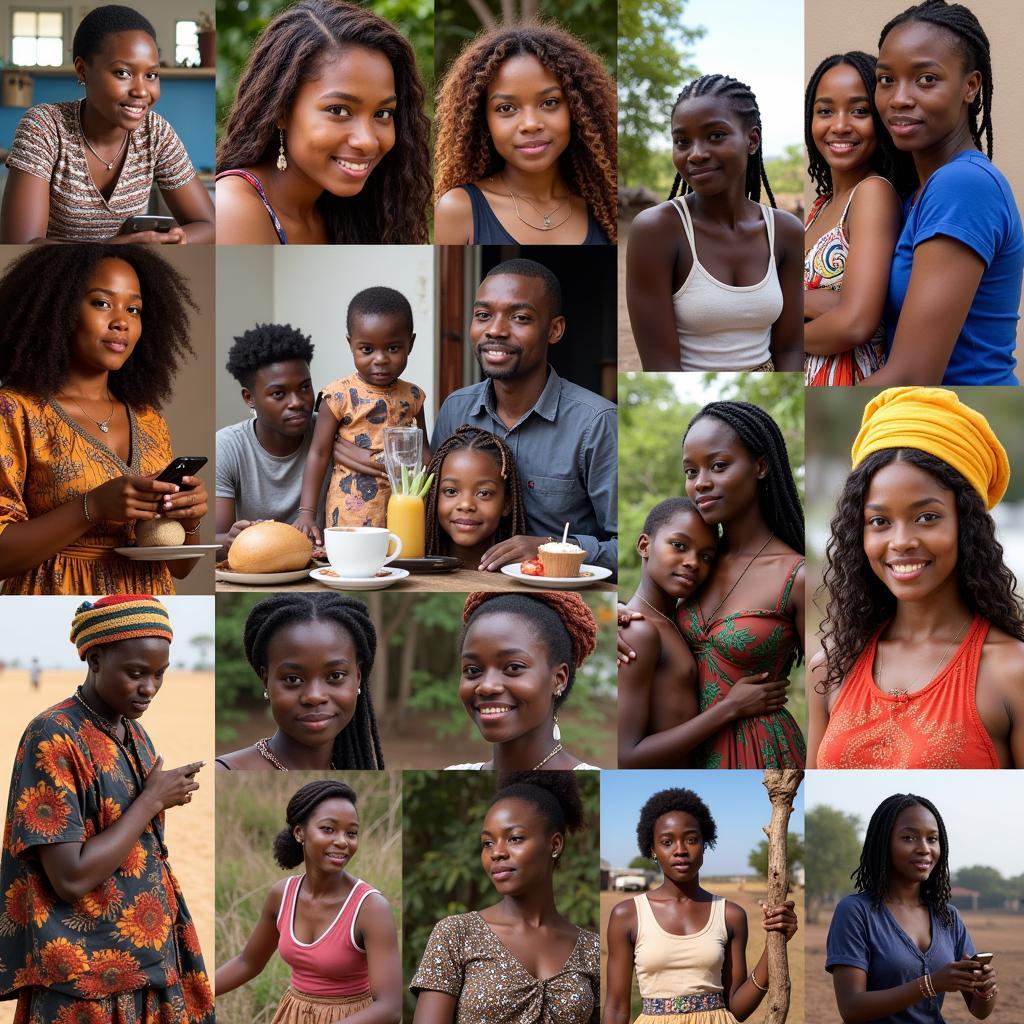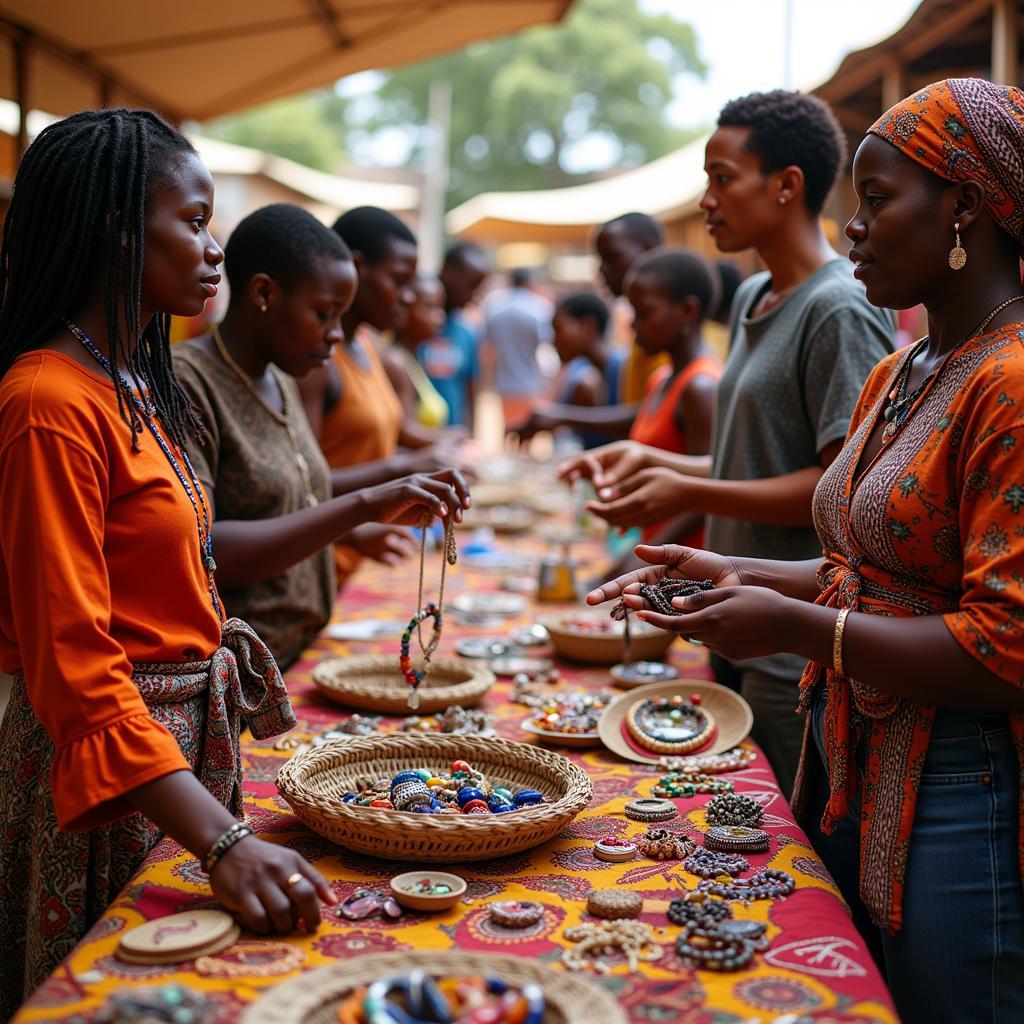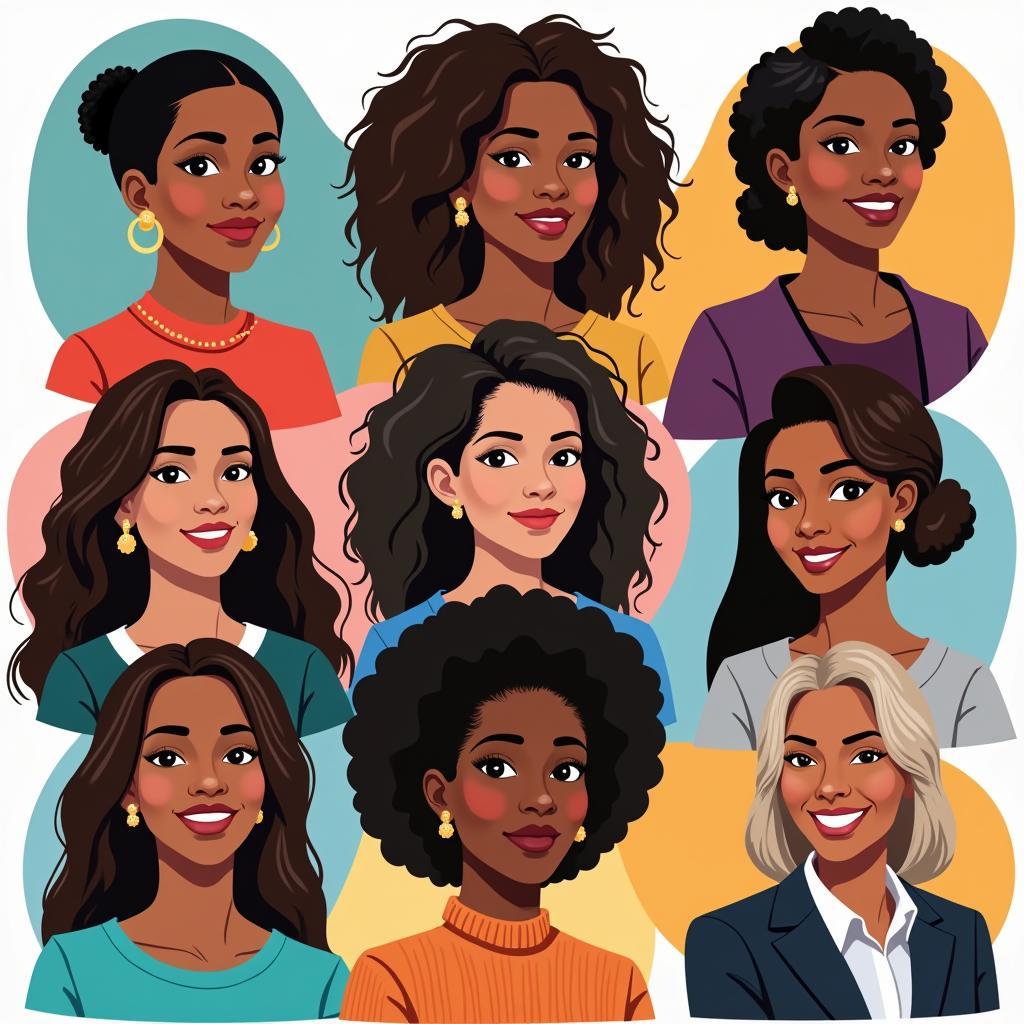The South African Constitution’s Bill of Rights: A Beacon of Freedom and Equality
The South African Constitution, adopted in 1996, is widely hailed as one of the most progressive and comprehensive constitutions in the world. At its heart lies the Bill of Rights, a powerful document that enshrines fundamental human rights and freedoms for all South Africans. This article will delve into the key provisions of the Bill of Rights, exploring its historical context, its impact on South African society, and its significance on a global scale.
A Legacy of Struggle: The Bill of Rights and the Fight for Equality
The South African Bill of Rights is not merely a legal document; it is a testament to the country’s long and arduous struggle against apartheid. After decades of racial segregation and discrimination, the transition to democracy in 1994 brought with it a profound commitment to creating a society based on equality, justice, and human dignity. The Bill of Rights embodies this commitment, guaranteeing fundamental rights and freedoms that were previously denied to the majority of South Africans.
Key Provisions of the Bill of Rights: A Foundation for a Just Society
The South African Bill of Rights covers a wide range of human rights, including:
- Right to Equality: This principle prohibits discrimination on any grounds, including race, gender, sexual orientation, religion, or disability.
- Right to Life: The Bill of Rights affirms the inherent right to life, which is protected from arbitrary deprivation.
- Right to Freedom and Security of the Person: This right protects individuals from unlawful arrest, detention, and torture.
- Right to Human Dignity: Recognizing the inherent worth and value of every human being, the Bill of Rights protects individuals from degrading treatment and inhumane conditions.
- Right to Freedom of Expression: This right allows individuals to express themselves freely, including through speech, media, and artistic expression.
- Right to Freedom of Assembly and Association: The Bill of Rights guarantees the right to participate in peaceful gatherings and to form associations with others.
- Right to Freedom of Religion, Belief, and Opinion: This right protects individuals’ freedom to choose their own religion or beliefs, or to have no religion at all.
- Right to Education: The Bill of Rights acknowledges the importance of education and promotes access to quality education for all South Africans.
- Right to Access to Information: This right ensures that individuals have access to information held by the government and other public bodies.
- Right to Housing: The Bill of Rights recognizes the right to adequate housing and promotes efforts to address housing inequality.
The Bill of Rights in Action: Shaping South African Society
The South African Bill of Rights has had a profound impact on South African society. It has served as a powerful tool to advance social justice, protect vulnerable groups, and hold the government accountable for its actions.
Dr. Kgosi Mabuza, a leading legal scholar, states: “The Bill of Rights has been instrumental in challenging discriminatory laws and practices, promoting equality, and advancing human rights in South Africa. It has empowered individuals and organizations to advocate for their rights and hold the government accountable.”
Here are some examples of how the Bill of Rights has been used to advance equality and justice:
- Challenging Discrimination: The Bill of Rights has been used successfully in numerous court cases to challenge discriminatory laws and practices, leading to significant improvements in the lives of marginalized groups.
- Protecting Vulnerable Groups: The Bill of Rights has been instrumental in protecting the rights of children, people with disabilities, and LGBTQ+ individuals, ensuring that they have equal access to opportunities and services.
- Holding the Government Accountable: The Bill of Rights has served as a powerful tool to hold the government accountable for its actions and to ensure that it respects the rights of all citizens.
Global Influence: The South African Bill of Rights as a Model
The South African Bill of Rights has been recognized internationally as a model for other countries seeking to establish strong human rights frameworks. Its comprehensive and progressive provisions have inspired constitutional reforms in many countries, particularly in Africa and other developing regions.
FAQ
Q: What is the difference between the Constitution and the Bill of Rights?
A: The Constitution is the supreme law of South Africa, while the Bill of Rights is a chapter within the Constitution that specifically outlines fundamental human rights and freedoms.
Q: How can I access the full text of the Bill of Rights?
A: You can find the full text of the Bill of Rights on the website of the South African government.
Q: What are the limitations to the Bill of Rights?
A: The Bill of Rights is not absolute and can be limited in certain circumstances, such as when it conflicts with other rights or public safety.
Q: What are some challenges to the effective implementation of the Bill of Rights?
A: Some challenges include:
- Poverty and inequality
- Lack of access to justice for marginalized communities
- Government inaction in addressing human rights violations
- The need for continued education and awareness about the Bill of Rights
Conclusion
The South African Constitution’s Bill of Rights is a beacon of hope and a powerful instrument for promoting human rights, equality, and justice. It is a testament to the country’s commitment to creating a society where every individual is respected and protected. As South Africa continues to navigate its journey towards a more just and equitable society, the Bill of Rights will remain a crucial cornerstone, guiding the nation towards a future where all citizens can truly flourish.


